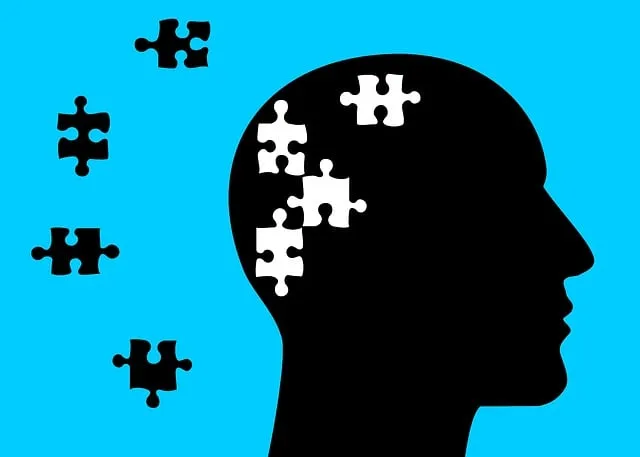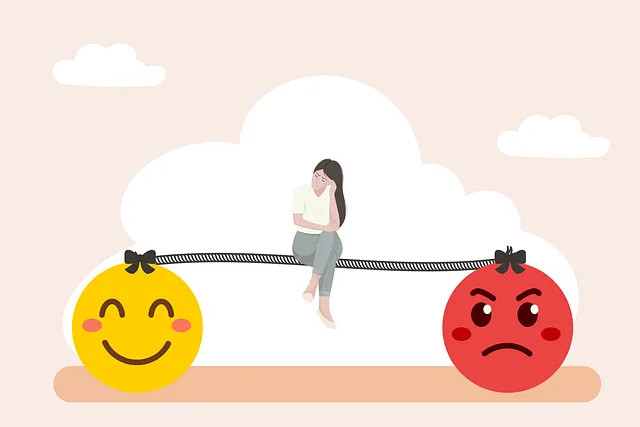Centennial Kaiser Permanente promotes mental resilience through the RFM framework: Reach (support networks), Frequency (self-awareness exercises), and Moment (present-moment awareness). Their Community Outreach Program focuses on stress management and mental health, offering tailored resources via partnerships to diverse communities. Innovative programs, evidence-based practices, and policy advocacy enhance mental health care delivery, prioritizing resilience and well-being through mindfulness, community engagement, and stigma reduction.
“In today’s fast-paced and often stressful world, building mental resilience is more crucial than ever. This article explores the powerful concept of RFM (Recovery, Flexibility, and Mastery) as a framework for enhancing mental resilience. We delve into successful initiatives by leading organizations like Kaiser Permanente, who foster resilient communities through innovative strategies. Additionally, we highlight Centennial’s role in empowering mental health by providing practical exercises to build both individual and collective resilience.”
- Understanding RFM: A Framework for Mental Resilience
- Kaiser Permanente's Approach to Resilient Communities
- Centennial's Role in Empowering Mental Health Strategies
- Practical Exercises for Building Individual and Collective Resilience
Understanding RFM: A Framework for Mental Resilience
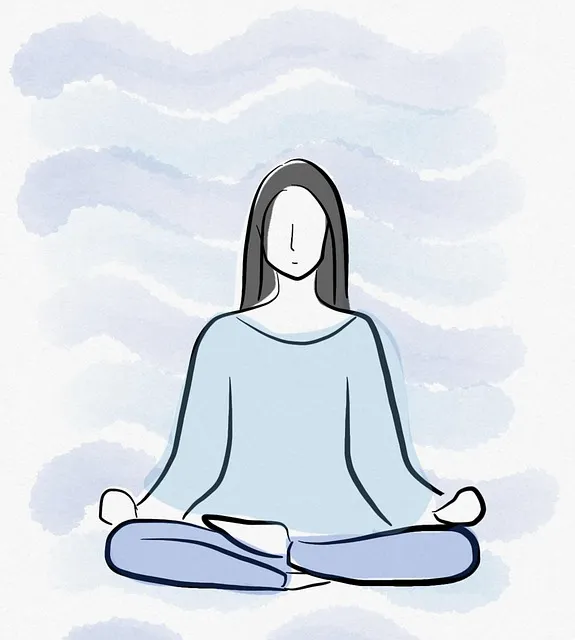
The RFM framework offers a structured approach to enhancing mental resilience, a valuable asset in navigating life’s challenges. Developed by Centennial Kaiser Permanente, this method focuses on three key elements: Reach, Frequency, and Moment. By understanding and leveraging these aspects, individuals can build a robust foundation for their mental health and well-being.
Reach involves identifying and connecting with supportive networks, fostering meaningful relationships that provide comfort and guidance. Frequency refers to the consistent practice of self-awareness exercises, such as mindfulness and journaling, which help manage stress and anxiety relief. Moment, on the other hand, emphasizes the power of present-moment awareness, allowing individuals to cultivate a confidence boost by embracing their unique experiences and strengthening their ability to cope with life’s ups and downs.
Kaiser Permanente's Approach to Resilient Communities
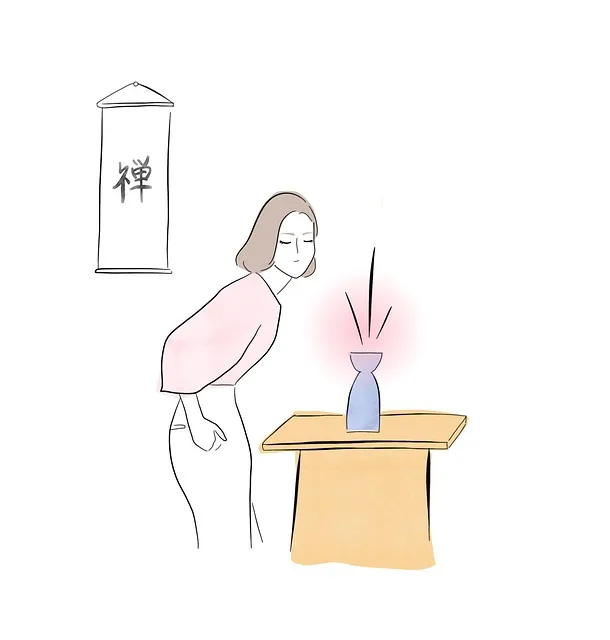
Centennial Kaiser Permanente has pioneered an innovative approach to building resilient communities through its extensive Community Outreach Program Implementation. This program focuses on empowering individuals and families with effective stress management and stress reduction methods, a key component in fostering mental health and overall well-being. By engaging with local communities, they offer resources and education aimed at enhancing coping strategies, particularly during challenging times.
Their strategy involves collaborative partnerships with various organizations to create sustainable solutions. This holistic approach ensures that the needs of diverse populations are met, promoting a sense of belonging and resilience. Through these initiatives, Kaiser Permanente aims to build a strong support system, enabling individuals to navigate life’s stressors and cultivate mental fortitude.
Centennial's Role in Empowering Mental Health Strategies
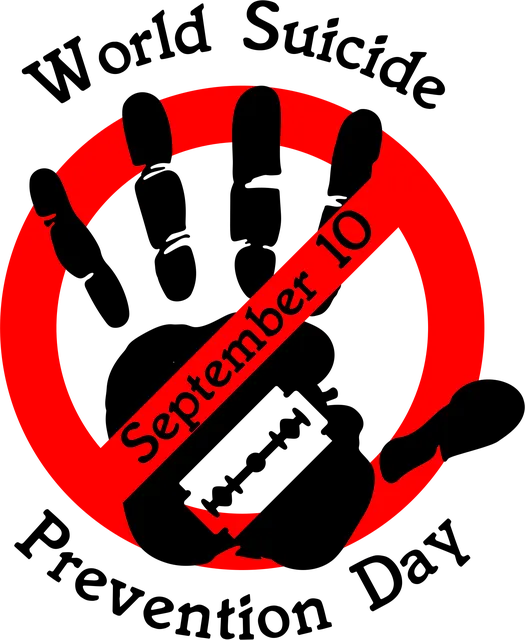
Centennial plays a pivotal role in empowering mental health strategies through its innovative programs and services, aligning with the vision of Kaiser Permanente. By integrating evidence-based practices, Centennial enhances the effectiveness of mental health care delivery, catering to diverse populations. Their comprehensive approach includes tailored interventions that cater to individuals’ unique needs, fostering resilience and promoting overall well-being.
In the context of a Mental Health Policy Analysis and Advocacy, Centennial’s initiatives contribute significantly to shaping effective policies. They prioritize Empathy Building Strategies, ensuring healthcare professionals develop strong emotional connections with clients. Moreover, their focus on Risk Management Planning for Mental Health Professionals adds a layer of protection, enabling practitioners to manage potential risks while providing compassionate care.
Practical Exercises for Building Individual and Collective Resilience

Building resilience is a crucial aspect of maintaining good mental health, and there are practical exercises that both individuals and communities can engage in to strengthen their resilience. At Centennial Kaiser Permanente, mental health professionals emphasize the importance of these exercises in preparing people for life’s challenges. One effective method is cultivating mindfulness, which involves being fully present in the moment and observing thoughts and feelings without judgment. Practices like meditation, deep breathing, and yoga can help individuals manage stress and develop a stronger sense of calm.
Additionally, fostering strong social connections is vital for collective resilience. Encouraging community engagement through public awareness campaigns focused on mental health can create supportive networks. These initiatives promote open conversations about mental well-being, reducing the stigma associated with seeking help. By combining individual practices like mindfulness with collective efforts in Mental Health Awareness and Public Awareness Campaigns Development, people can build resilience that sustains them through life’s complexities, ultimately enhancing Stress Reduction Methods.
Resilience is a key component of navigating life’s challenges, and organizations like Centennial and Kaiser Permanente are leading the way in promoting mental well-being through innovative strategies. By understanding the RFM framework and incorporating practical resilience-building exercises, individuals can enhance their mental strength and cope with adversity. The approaches shared by these entities showcase the power of community support and individualized care in fostering a culture of resilience, ultimately benefiting the overall mental health of society.




